Science 5.2(F)
communicate valid conclusions in both written and verbal forms; and
- Plus Plan
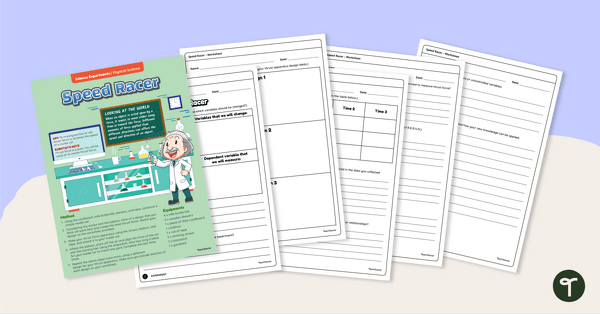
Balloon Car Experiment – Speed Racer
Use this hands-on balloon car experiment when teaching your 5th grade students about thrust force and its effect on the speed of objects.
- Plus Plan
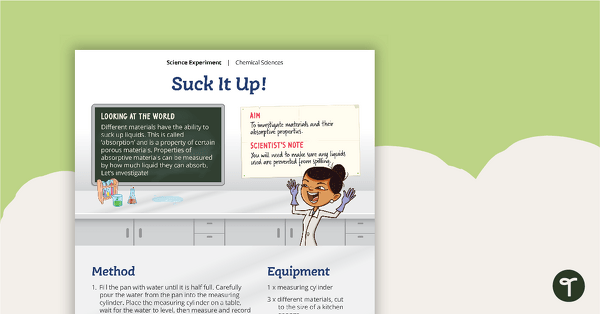
Science Experiment - Suck It Up!
A science experiment which investigates the absorptive properties of various materials.
- Plus Plan
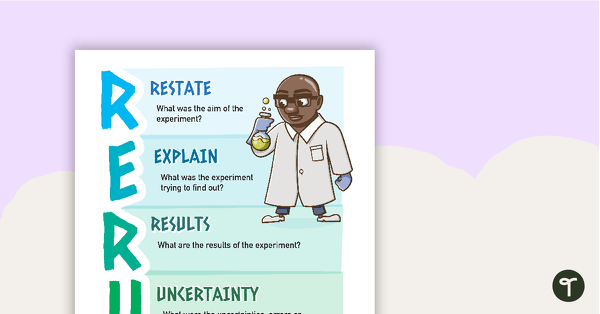
R.E.R.U.N. - Writing a Scientific Conclusion - Poster
An educational poster introducing the students to the R.E.R.U.N. method for writing a scientific conclusion.
- Plus Plan
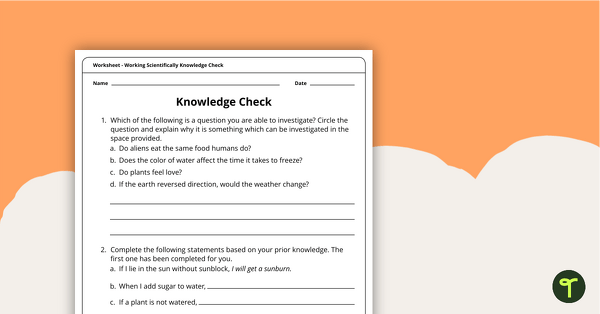
Working Scientifically Worksheet
A worksheet used to check the students' knowledge of working scientifically.
- Plus Plan
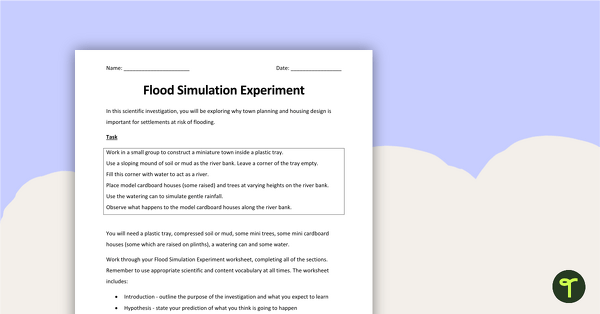
Natural Disasters - Flood Simulation Experiment
A hands-on experiment to use when exploring natural disasters.
- Plus Plan
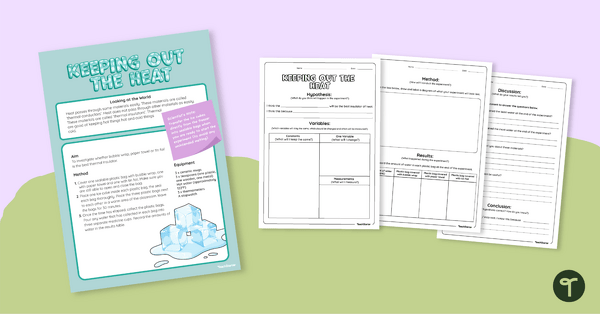
Heat Insulators Science Experiment (Keeping Out the Heat)
Investigate heat insulators with your students using this engaging science experiment.
- Plus Plan
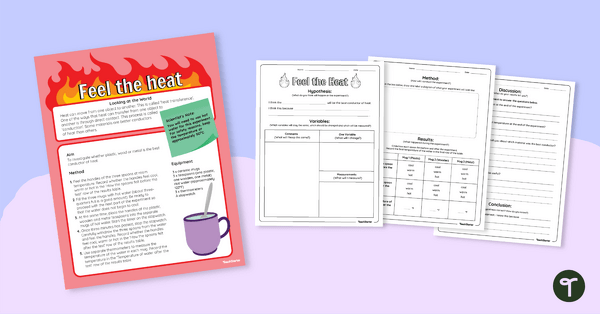
Heat Conductors Science Experiment (Feel the Heat)
Investigate heat conductors with your students using this engaging science experiment.
- Plus Plan
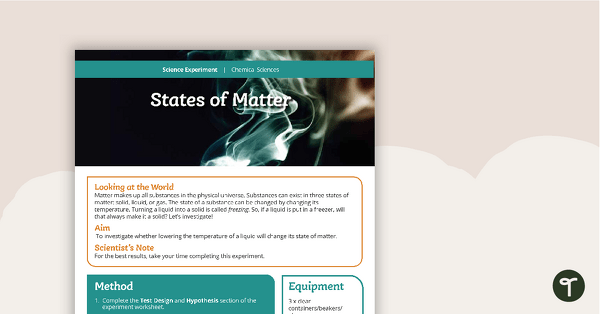
Science Experiment - States of Matter
A science experiment that investigates how a substance's state of matter can be changed.
- Plus Plan
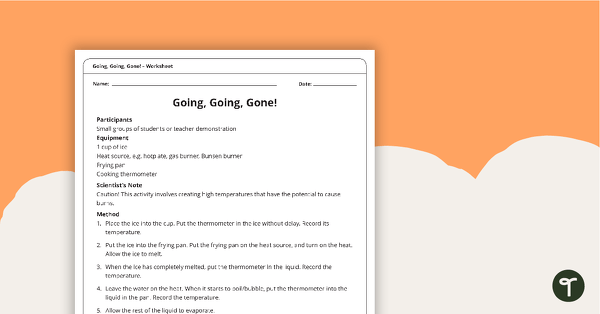
Going, Going, Gone! - Worksheet
A worksheet that explores how matter changes state at different temperatures.
- Plus Plan
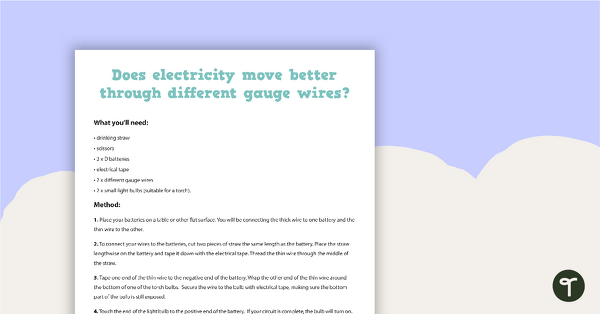
Electricity Experiment
An experiment to investigate if electricity moves better through different gage wires.
- Plus Plan
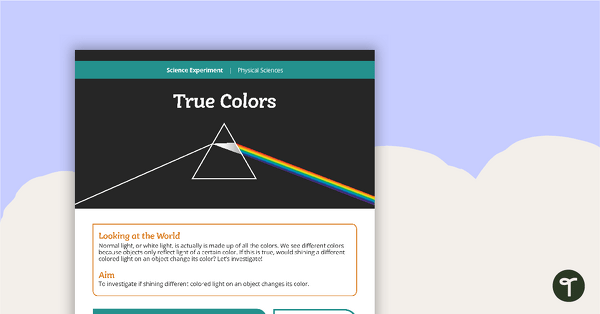
Science Experiment - True Colors
A science experiment that explores the perception of color.
- Plus Plan
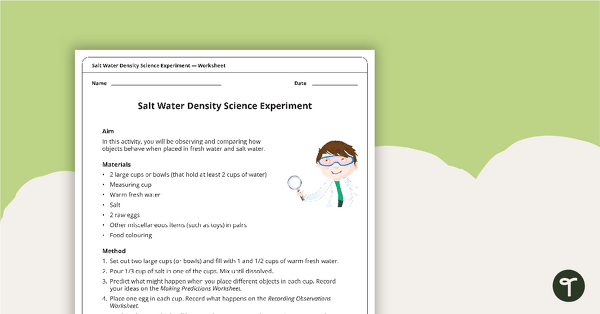
Salt Water Density Experiment
A hands-on science experiment about salt water density.
- Plus Plan

Now I Understand PowerPoint - Building a Solid Conclusion for an Experiment
An educational teaching presentation introducing the students to the R.E.R.U.N. method for writing a scientific conclusion.
- Plus Plan
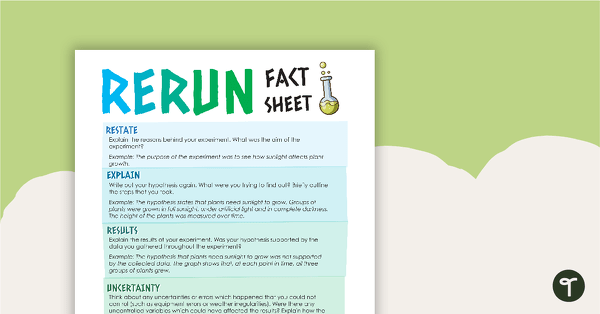
R.E.R.U.N. - Writing a Scientific Conclusion Fact Sheet
An educational fact sheet introducing the students to the R.E.R.U.N. method for writing a scientific conclusion.
- Free Plan
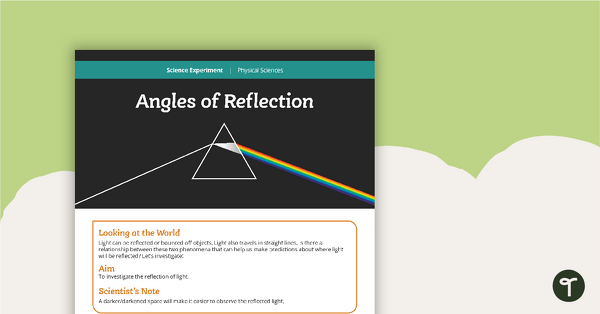
Science Experiment - Angles of Reflection
A science experiment that explores reflected light.
- Plus Plan
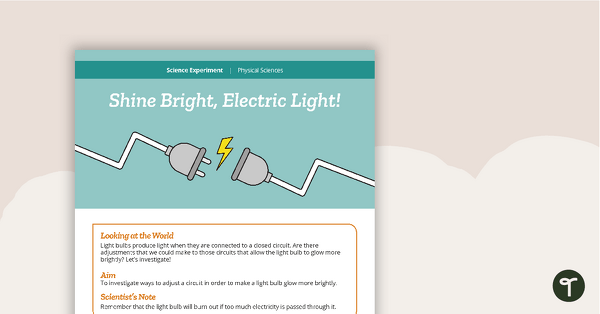
Science Experiment - Shine Bright, Electric Light!
A science experiment that investigates how changes to electrical circuits affects their components.
- Plus Plan
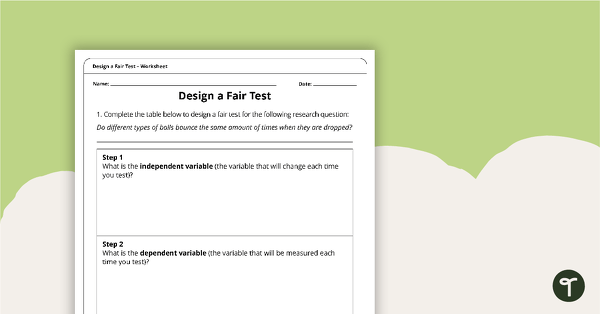
Design a Fair Test Worksheet – Upper Grades
A worksheet to use when developing the concept of a fair test.
- Plus Plan
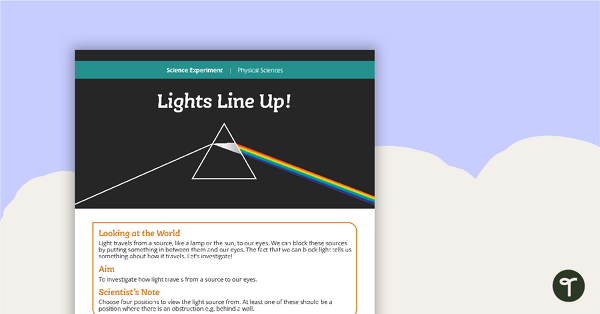
Science Experiment - Lights Line Up!
A science experiment which explores light.
- Plus Plan
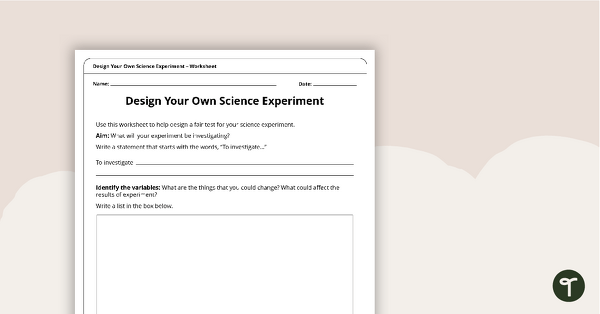
Design Your Own Experiment Worksheet
A set of worksheets to develop students' ability to design fair, scientific experiments.
- Free Plan
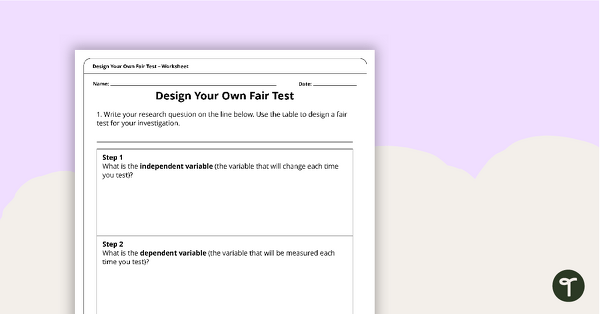
Design Your Own Fair Test Worksheet – Upper Grades
A worksheet to use when developing the concept of a fair test.
- Plus Plan
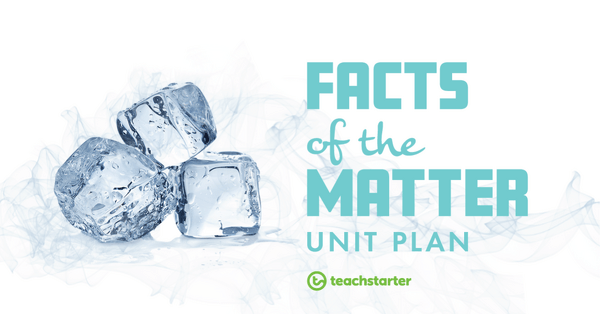
Slime - Solid, Liquid, or Gas?
A 60-minute lesson in which students will recognize that not all substances can be easily classified on the basis of their observable properties.
- Plus Plan
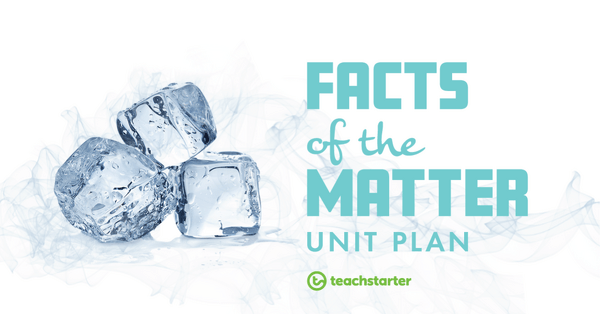
Knowing Matters!
A 60-minute lesson in which students will explore how knowledge of states of matter and their changes can help inform practices and decision making.
- Plus Plan
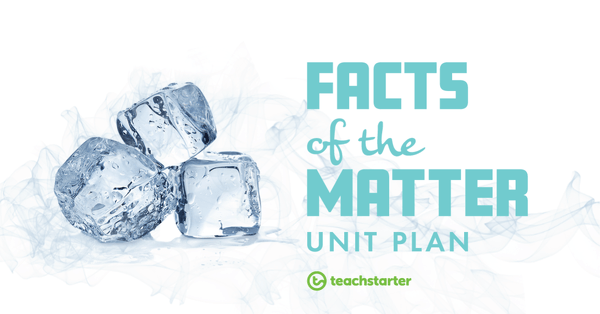
Going, Going, Gone!
A 60-minute lesson in which students will recognize that substances exist in different states depending on the temperature.
- Plus Plan
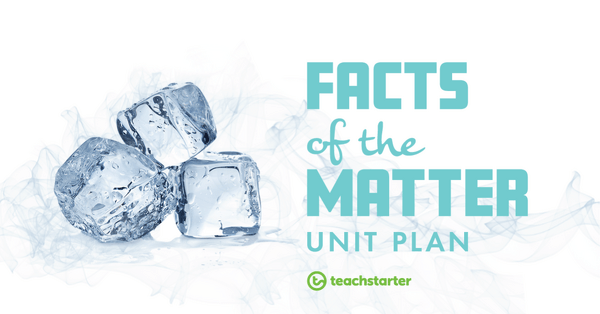
Changing States of Matter
A 60-minute lesson in which students will explore the way solids, liquids, and gases change in different situations.
- Plus Plan
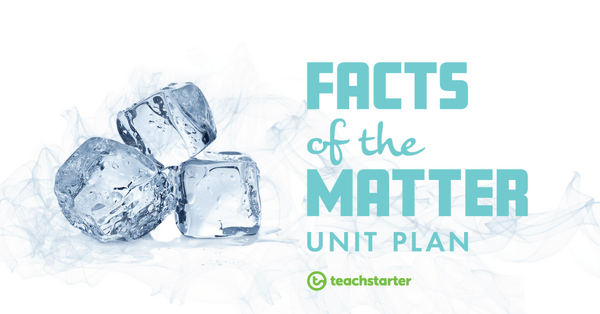
Gases
A 60-minute lesson in which students will observe that gases have mass and take up space.
- Plus Plan
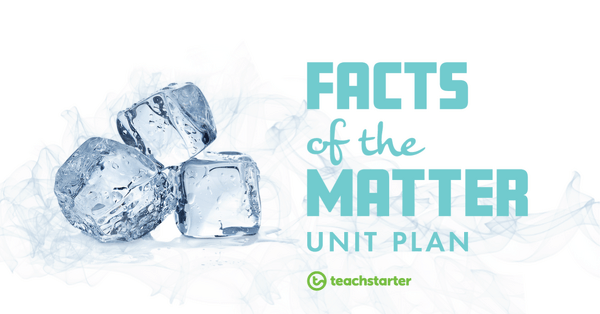
Liquids
A 60-minute lesson in which students will identify the observable characteristics of liquids and how they behave in different ways.
- Plus Plan
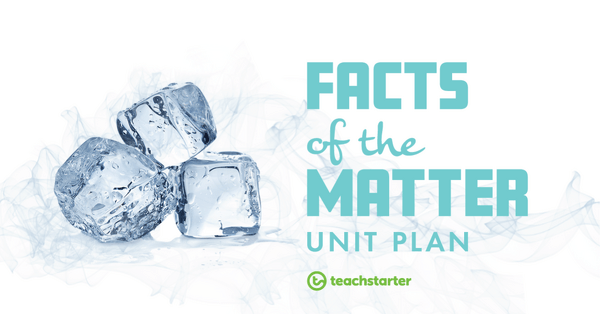
Solids
A 60-minute lesson in which students will identify the observable characteristics of solids and how they behave in different ways.
- Plus Plan
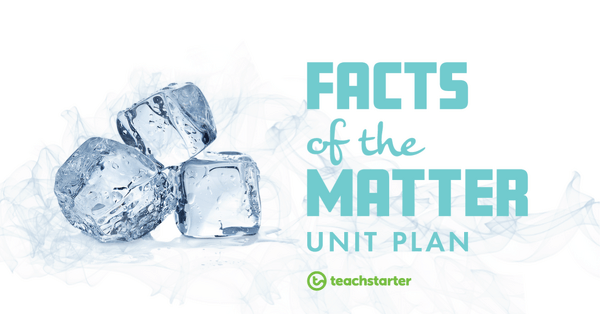
Matter Matters!
A 60-minute lesson designed to introduce students to key terms and concepts related to matter and states of matter.
- Plus Plan
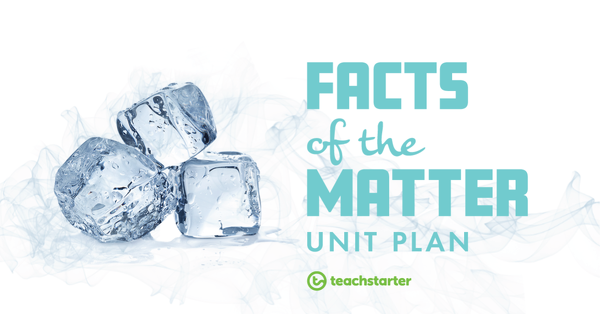
What's the Matter?
A 60-minute lesson designed to activate students' prior knowledge of solids, liquids, and gases.